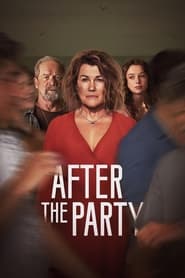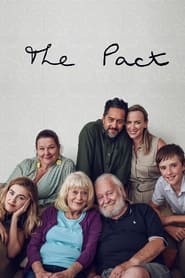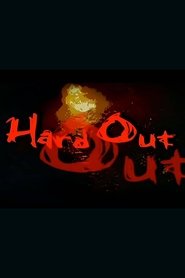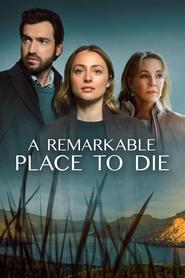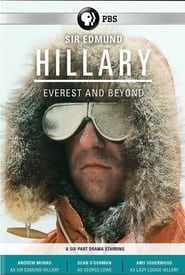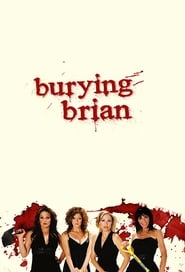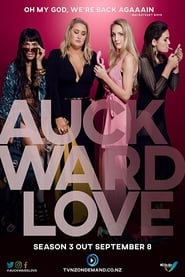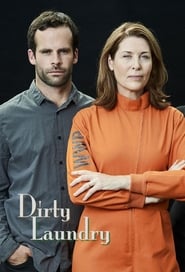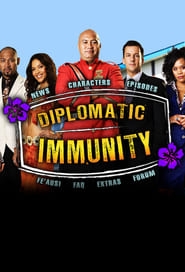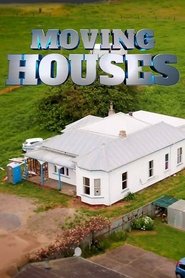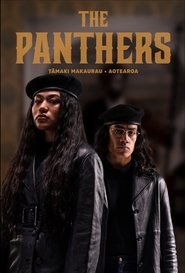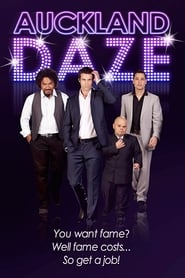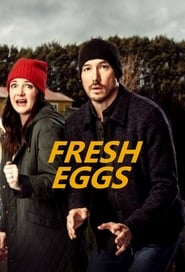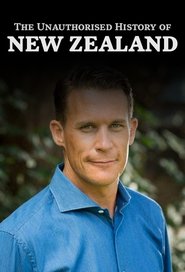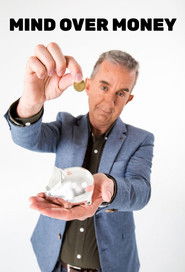Tvnz 1 TV Series - Page 3
-
After the Party
2023
star 6.4Penny’s world implodes when she accuses her husband Phil of a sex crime against her daughter’s teenage friend and nobody believes her. -
Duggan
1997
Duggan
1997
Duggan was a TVNZ police drama from 1997, featuring New Zealand actor John Bach as Detective Inspector John Duggan and Fiona Mogridge as Ruth Duggan. Unlike other New Zealand police drama series, Duggan was produced as a series of one-off programmes, akin to British crime series of the time such as Inspector Morse and Midsomer Murders. In all, 13 episodes were made between 1997 and 1999. -
The Pact
2021
The Pact
2021
When a family member is diagnosed with a terminal illness and decides they want to end their life, fundamentally different beliefs threaten to blow the family apart. Will they be able to come together before it’s too late? -
Hard Out
2003
Hard Out
2003
Two teenage skateboarders, Jeff and Noodle, are the only ones in their peaceful town of Middledon who realise that the weird strangers from Neo Corporation are actually aliens. Jeff and Noodle do their utmost to prevent the aliens, led by the scheming Astrid and the bumbling Brian, from destroying their beloved skatepark and taking over the town. -
A Remarkable Place to Die
2024
star 7Anaís Mallory is a smart and savvy homicide investigator who after returning to her hometown, and taking the lead detective position, faces a series of startlingly complex murders with links to her family's tragic history. -
Descent from Disaster
2013
Retrace some of NZ's darkest days to reveal the stories, secrets and lessons learnt from our most famous disasters. -
Hillary
2016
star 4The life of the legendary mountaineer Sir Edmund Hillary, from his lonely childhood, to the man he became - Hillary the climber - a man that conquered Mt Everest, a man loved by a nation. -
Burying Brian
2008
Burying Brian
2008
Burying Brian is a New Zealand television series produced by Eyeworks Touchdown which premiered on Television New Zealand's TV ONE on 2 July 2008, and ran for 6 episodes. The series is about Jodie and her three female friends. At the beginning of the first episode, Jodie's husband Brian dies during a domestic dispute. Jodie believes that she may go to jail for his murder, but her friends convince her not to report the death, but instead to bury the body and make it appear that he has run off with another woman. Although the series was a ratings success, no further episodes were made after the first season. -
Auckward Love
2015
star 10Auckward Love is show about women doing women stuff. Follow Alice, Vicky, Zoe and Grace as they experience love, lust , and everything else. -
Dirty Laundry
2016
star 1.5The Raffertys are a typical NZ family. But their entire life is based on a very dirty secret... -
Diplomatic Immunity
2009
star 6Diplomatic Immunity is a New Zealand comedy that follows the misadventures at the consulate of The Most Royal Kingdom of Feausi and a fallen New Zealand Foreign Affairs high-flier who has been sent in to straighten out the consulate staff. The show screened in New Zealand on TV1, every Tuesday night at 10:00. -
What Now
0000
star 4An entertainment show for primary school-aged children. The series is known for its challenges that sometimes result in participants being 'gunged'. -
Motorway Patrol
1999
Motorway Patrol
1999
Observational documentary following the daily lives of police officers patrolling the motorways in and around Auckland, New Zealand's largest urban area. -
Moving Houses NZ
2021
star 10New Zealand families, couples and adventurous individuals, transporting their dream homes to their ideal locations. -
The Panthers
2021
The Panthers
2021
Auckland, 1974 - in the face of increased racial-targeting, a group of Polynesian students and street gangsters form a revolutionary movement for justice and equality. -
Auckland Daze
2011
Auckland Daze
2011
The series is a spoof comedy that follows four hapless wannabes - a model, a stuntman, a dwarf entertainer and a stand-up comedian who are all chasing fame in Auckland's ridiculously small entertainment industry. Starring a number of local talents including Millen Baird (The Millen Baird Show), Jennifer Ward-Lealand (Xena: Warrior Princess), Natalie Medlock (Shortland Street) and Glen Levy, the stuntman described by National Geographic as "the 20th deadliest man on the planet". Auckland Daze takes the interactive experience that made Reservoir Hill a success to the next level. Screening on TVNZ Ondemand, which has over three hundred thousand unique viewers per month, Auckland Daze will also be embedded into Facebook where viewers will be able to watch, "like" and share the episodes with their friends without having to leave their Facebook profile. After the episode, the audience will be prompted to say what they think. -
Fresh Eggs
2019
star 5.8This deliciously twisted six-part drama follows a couple's quest for "the good life" that goes wickedly awry. -
Living the Dream
2004
Living the Dream
2004
Living the Dream was the New Zealand version of Spike TV's Joe Schmo Show, produced by Touchdown Television for TV2. -
The Unauthorised History of New Zealand
2005
star 10The Unauthorised History of New Zealand is a New Zealand comedic history talk show series that tells the "real truth" behind the history of New Zealand. Some of the archive footage seen on the show has never been seen on television before because it was deemed too shocking by TV executives to screen at the time. Some material created for the programme, including the 1920s-style animated series Happy Hori, is presented as though it were archival. This country was shaped by visitors and the first episode examines the impact of such diverse guests as sheep, Colonel Sanders, the Shah of Iran and Muhammad Ali on New Zealand. Famous troublemakers such as Hongi Hika, the Ingham Twins and the Neil Roberts' feature in an episode devoted to Trouble. Other episodes in the series consider some of the country's most powerful people, its legends, and reveal some of the most shocking and sexiest moments in the nation's history. -
Mind Over Money
2017
